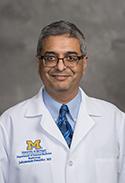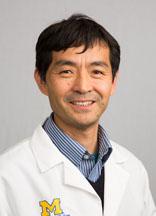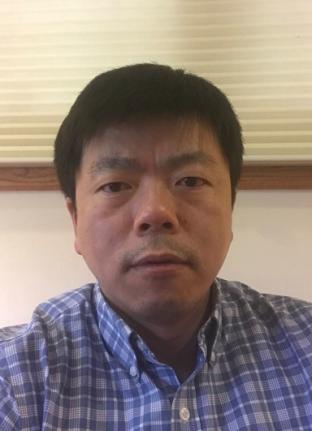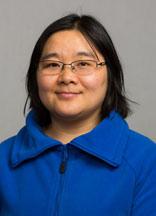Professor, Molecular & Integrative Physiology
Dr. Rui is Professor of Molecular & Integrative Physiology. His laboratory studies the physiological and molecular mechanisms of obesity, fatty liver, and type 2 diabetes, using genetic, physiological, molecular and biochemical approaches. Obesity is the primary risk factor for fatty liver diseases and type 2 diabetes and type 2 diabetes is caused by defects in both insulin production and insulin action (e.g. insulin resistance in the liver, muscle, fat and brain). Ongoing areas of study in the Rui laboratory include: (1) examination of the signal transduction pathways in hypothalamic neurons that regulate energy homeostasis and body weight, (2) investigating molecular defects in hypothalamic neural circuits that cause leptin resistance, energy imbalance and obesity, 3) studying glucose and lipid metabolism under both normal and obese conditions and focusing on the hepatic gluconeogenic and lipogenic programs as well as on the molecular mechanisms of insulin resistance in liver, adipose tissue and muscle.
Dr. Rui is NOT accepting summer fellows for 2024.









